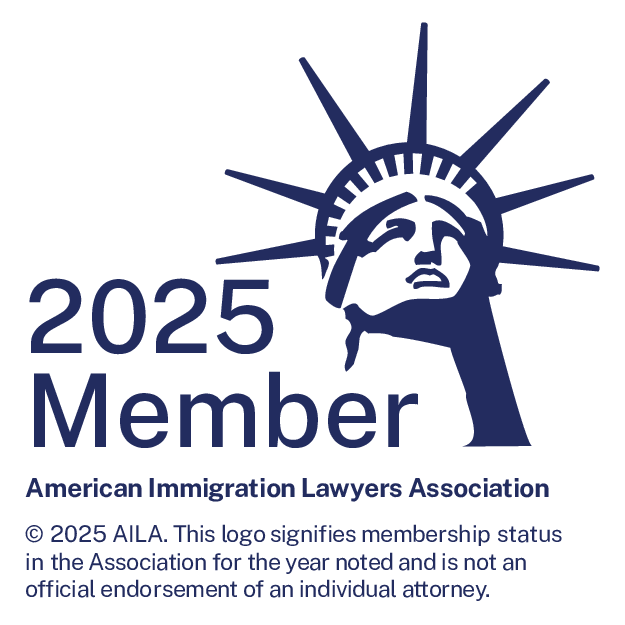H-1B Visas
The H-1B visa is frequently used and relied upon to allow a foreign national to work in the United States for a specific employer, at a particular location, in a “specialty occupation.” The U.S. Citizenship and Immigration Services (CIS) defines “specialty occupation” as one which requires theoretical and practical application of a body of specialized knowledge along with at least a bachelor’s degree or its equivalent. For example, architecture, engineering, mathematics, physical sciences, social sciences, medicine and health, education, business specialties, accounting, law, theology, and the arts are specialty occupations.
In adjudicating the H-1B visa petition, the CIS will either approve the petition, request additional evidence, or deny the petition. Upon approval, a new H-1B employee may begin work in the U.S. If a foreign national is already in the U.S. on an H-1B visa with another employer and is maintaining status, he/she can start work with a new H-1B employer once the new H-1B visa petition is filed, rather than waiting for approval of the new H-1B petition.
The CIS may approve H-1B visa petitions for initial periods of up to three (3) years and may extend the visa for a maximum total of six (6) years. The law now allows for extensions beyond the sixth year in cases where either an immigrant petition (I-140) or an Application for Alien Labor Certification has been pending for three hundred sixty-five (365) days or more.
The H-1B is a very helpful visa for both American businesses and foreign national workers. When processed efficiently and effectively, the visa can benefit all concerned.



